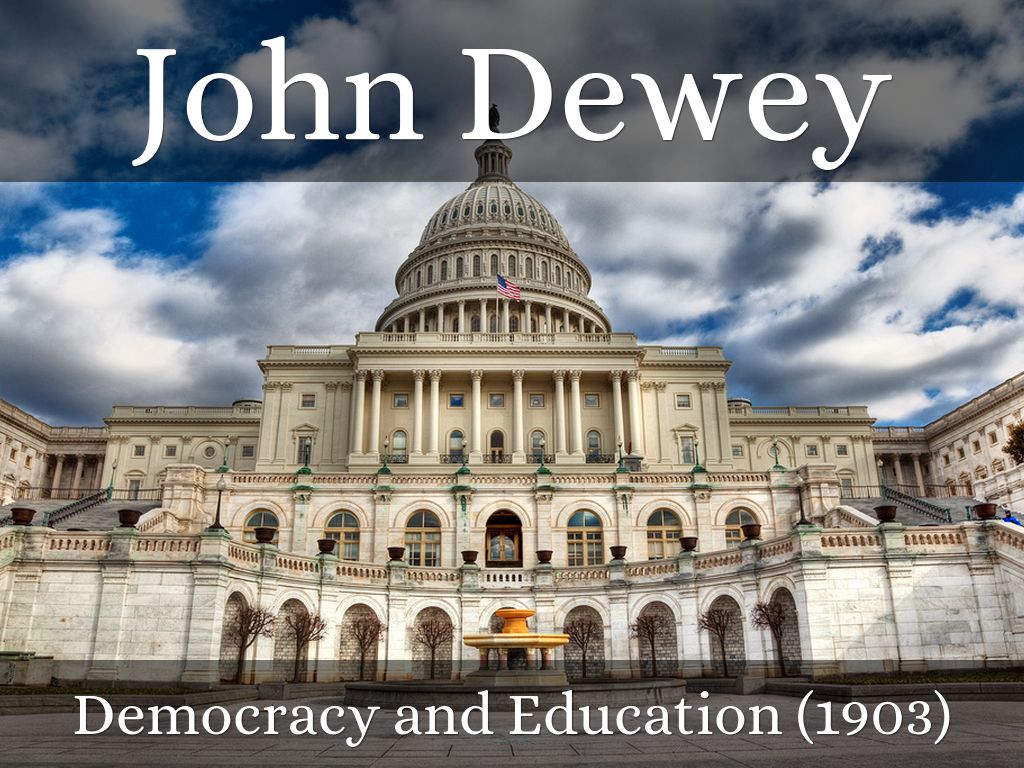
He notes that the term “environment” means “something more than surroundings which encompass an individual” (MW 9: 15). In the second chapter of Democracy and Education he insists: “We never educate directly, but indirectly by means of the environment” (MW 9: 23). Education as a Social Functionĭewey was also one of the first philosophers of education who systematically included the modern term “environment” into educational theory. Second, we intend to invite some perspectives for reconstructing the Deweyan tradition in accordance with more recent developments and challenges, including the ambivalences of communities in modernity, especially in times of liquid modernity as described by Bauman. The aim is twofold: First, we wish to show the lasting relevance of Dewey’s approach in and for our time.


(For a more detailed discussion of affinities and differences between the approaches of Dewey, Bauman and Foucault (as well as constructive and productive ways of interconnecting their perspectives), see Garrison/Neubert/Reich (2012, 2016). Within this frame, we draw critical connections to selected perspectives from Zygmunt Bauman and Michel Foucault. We start with his discussion of “education as a social function” and close with his idea of “education as rowth”.

In this essay, we connect Dewey’s classical approach to democracy and education with “inclusion” as an element of contemporary debates in educational theory and practice.


 0 kommentar(er)
0 kommentar(er)
